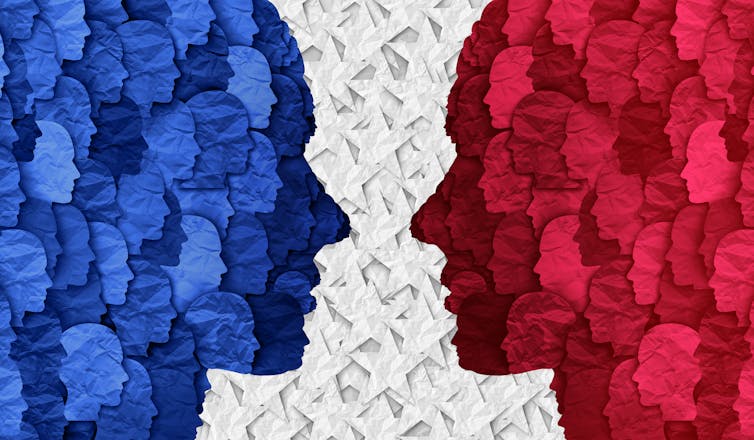Fall 2025 Virtual Information Sessions for the Counseling Psychology PhD Program

Fall 2025 Virtual Information Sessions for the Counseling Psychology PhD Program
Photo by Erik Campos
Fall 2025 Virtual Information Sessions
The Counseling Psychology PhD at The University of Tennessee, Knoxville invites prospective graduate students to join us for two virtual information sessions! These sessions will provide applications with information about the program and answers to your questions.
Click each session link to register.
If you have questions, please email the Program Director, Kirsten Gonzalez: kgonzal6@utk.edu
